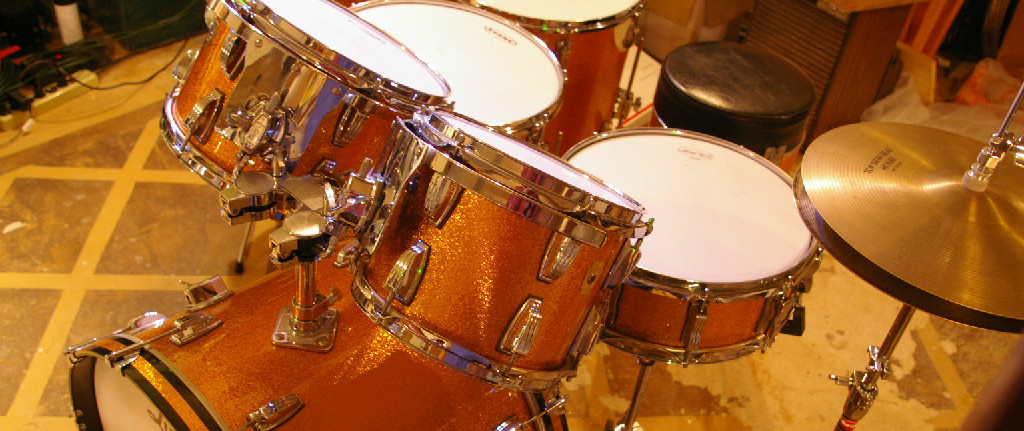Choosing a Laptop
Hard to believe back-to-school time is approaching, eh? With as much rain as we’ve had it has hardly felt like we have had any summer at all. And yet the calendar says school starts in four weeks! Maybe you are headed back to college. Perhaps you are taking a few classes in the evenings. Maybe you have a grandchild matriculating at your alma mater, and you want to make sure they have a good laptop for all those papers they will be writing. This article will help you determine what the right laptop is for you!
My first question for someone looking to buy a laptop would be: Does it have to be mobile? If you answer “No, it will just be at my desk,” I would tell you to buy a desktop computer. Desktop computers—dollar for dollar—are more powerful, more flexible, easier to upgrade, and easier and cheaper to repair. The only advantage a laptop has over a desktop is its mobility; and if it does not have to move, there is no good reason to opt for a laptop. Perhaps though you travel a lot, or are a seasonal resident. Being able to move your computer quickly and easily is the primary reason for having a laptop. Since this is a back-to-school article, it would make sense that a student will need a portable solution.
After determining that you do in fact need mobility, my next question would be: What operating system are you most familiar with? That is, do you want a Mac or a Windows laptop? (Or maybe you’d consider a Chromebook? If so, see last month’s article!) I tell people “Macs are the Lexus’ of the computer world. They are well built, extremely reliable, and hold their value well. They are also expensive to purchase and expensive to repair.” Go into your Mac purchase knowing that. I am a big fan of refurbished computers, and my Apple purchases have all been refurbs. A Windows laptop will give you more options. All Mac laptops are manufactured by Apple, so you must buy what they have available. Windows will be available on Dell, Lenovo, HP, Acer, Asus, and on and on. And because multiple Windows laptop companies are vying for your business, competition will tend to drive their prices DOWN. A Mac laptop starts at about $1000. A similar thousand dollars would get you a very well-appointed Windows laptop.
The operating system choice can be somewhat determined by how the laptop will be used. Are you going to use the computer to run Quickbooks? You want a PC. Are you a student in college for architecture or CAD? Again, probably a Windows laptop—and a powerful one! Perhaps you are going to study art or music; traditionally, the Mac operating system has proved popular in those fields. If you are selecting a laptop for college, it might be wise to see if the college has a suggested laptop with minimum recommended requirements.
Now that we know what operating system you want, I would ask you what size screen do you need? Laptop screens, like TVs and projector screens, are measured diagonally from corner to corner. Smaller screens have the advantage of being extremely portable. My old Macbook Air had an 11” screen. That computer was so light and handy, I took it almost everywhere. My current Macbook has a 13” screen, and though it too is handy to carry, I miss my little 11”. For a student who will be moving their laptop from class to class, smaller and lighter is better. The 15.6” screen is the most popular size. With the bigger size you will get more screen real estate, and probably more connections and features—like more USB ports, multiple video outputs, things like that. The big 17.3” screen is nice for people who maybe don’t see as well as they used to. It wasn’t very many years ago a 17” monitor was used with a desktop, so there’s lots of viewable area on a 17.3” screen. That big screen means a bigger overall size, though. They also tend to be heavier. If you are not moving your laptop frequently, the bigger size is nice. If you will be moving the laptop a lot though, consider something towards the smaller end of the spectrum.
With those major questions out of the way, we can focus on some smaller concerns. Do you need a backlit keyboard? Do you need a number keypad (sometimes called a 10-key keyboard)? If you need the number keypad, you will have to shop for laptops 15.6” and bigger. Smaller laptops don’t have room for the 10 keys. Do you need a DVD drive? Most laptops don’t include them anymore. If you need one built in, again you will need to look at 15.6” or bigger. (Probably though you will need to invest in an external USB DVD drive–$25-35.) Will you be doing video editing or gaming, or CAD/CAM or other extensive video work? Look for a laptop with discrete video processing. If that is your need, be prepared to spend some cash, as laptops that can do that high end work are expensive.
I hope these tips will help you shop for just the right laptop. If you know whether you want a Mac or a Windows machine, and what size screen you need, then you have the biggest considerations covered.
